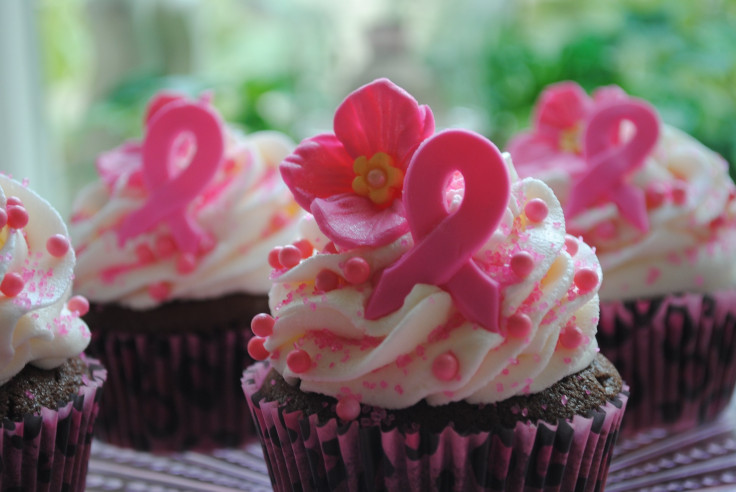Having An ‘Ecologically Diverse' Tumor May Affect Breast Cancer Aggression

Diversity is a key factor in the survival of any biological system, and it looks like breast cancer is no exception to the rule.
A recent test used by ecologists to analyze plant and animal species has judged breast cancers that are particularly complex and diverse as the most likely to progress and lead to death. The study said this test could be used to assess how likely it is that a woman’s breast cancer will spread aggressively, and help clinicians tailor her treatment accordingly. The test is called the Ecosystem Diversity Index, and was developed by scientists at the Institute of Cancer Research, London.
For the study, researchers looked at 1,026 samples of untreated breast tumors through a combination of ecology software and image analysis. They examined three distinct cell types — cancer cells, immune system lymphocytes, and stromal cells — and were able to identify which tumor samples scored highest on the adapted Ecosystem Diversity Index. Patients with high-grade tumors larger than five centimeters in diameter that also scored high on the index had a 16 percent chance of surviving five years, compared with the 50 percent chance tumors with lower diversity scores had.
The researchers went a step further and examined the link between Ecosystem Diversity Index scores and genetic factors. It turned out patients who had tumors with high diversity scores along with mutations in the p53 tumor suppressor gene had particularly low survival chances.
“Our findings show that mathematical models of ecological diversity can spot more aggressive cancers,” said study leader Dr. Yinyin Yuan, Team leader in the Centre for Evolution and Cancer at the Institute of Cancer Research London, in a press release. “By analyzing images of the environment around a tumor based on Darwinian natural selection principles, we can predict survival in some breast cancer types even more effectively than many of the measures used now in the clinic.”
Yuan said that in the future, researchers hope that including cell diversity scores in the factors that include cancer survival would allow clinicians to distinguish between patients with more and less aggressive forms of the disease.
Professor Paul Workman, Chief executive of the Institute of Cancer Research, London, said the study was “ingenious,” and may lead to a predictive test actually used in the clinic.
“It teaches us a valuable lesson — we should always remember that cancer cells are not developing and growing in isolation, but are part of a complex ecosystem that involves normal human cells too. By better understanding these ecosystems, we aim to create new ways to diagnose, monitor and treat cancer.”
Source: Natrajan R, Sailem H, Mardakheh F, Arias Garcia M, Tape C, Dowsett M, et al. Microenvironmental Heterogeneity Parallels Breast Cancer Progression: A Histology-Genomic Integration Analysis. PLOS Medicine. 2016.



























